How to provide liquidity on a DEX
Last updated
This article covers information on the importance of liquidity and how to provide it with links to step-by-step instructions for Bitcoin.com’s Verse DEX using the Bitcoin.com Wallet app.
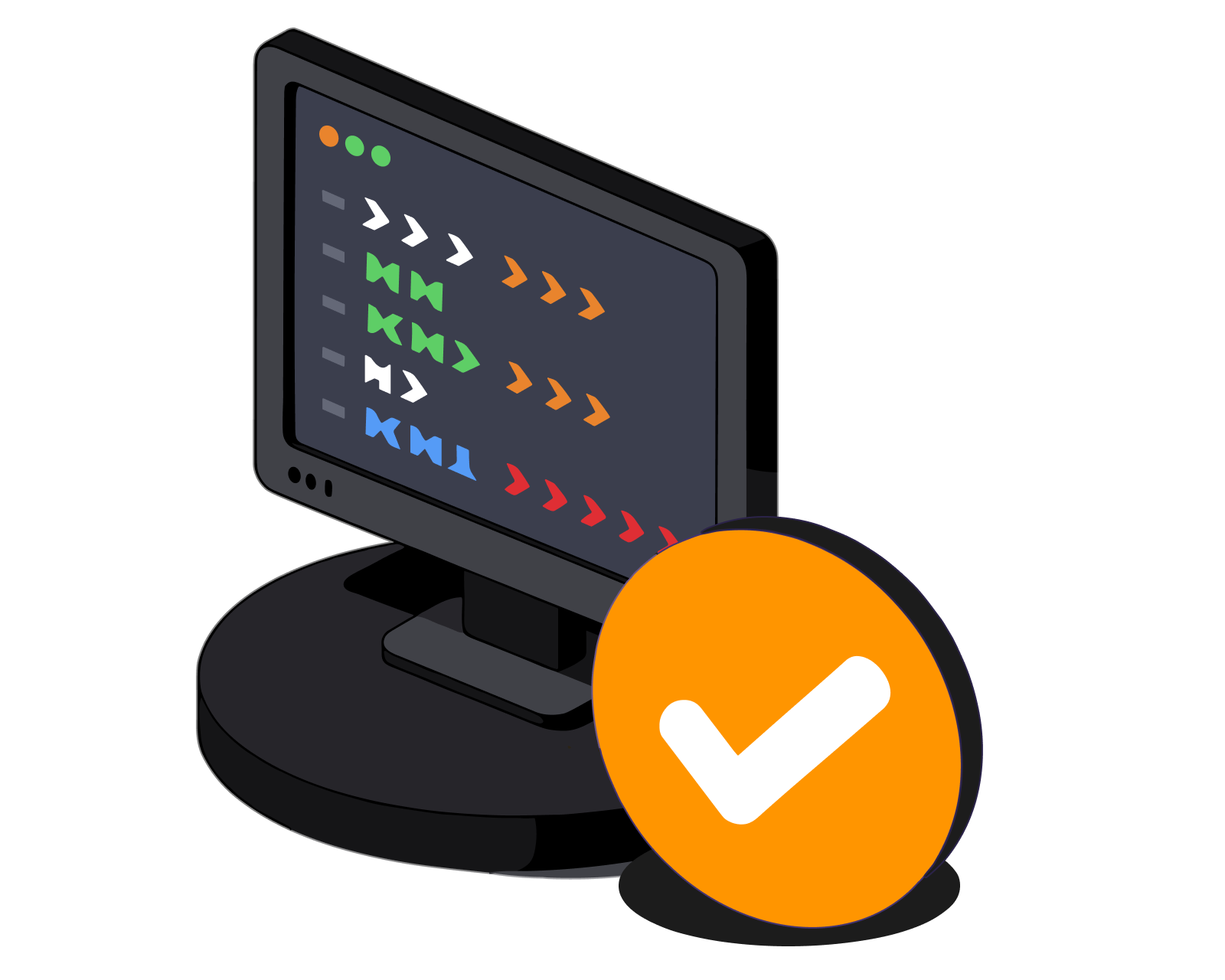
Table of Contents
The importance of liquidity
Low liquidity in a trading pair can have an outsized effect on the price of one or both of the cryptoassets. The lower the liquidity in a trading pair, the less likely the value of one or both assets is accurate. Lower liquidity also causes slower trades and larger slippage. Slippage happens when the expected price of a trade is different from the price at the time the trade is executed.
Low liquidity can make a market practically unusable. DEXs maintain healthy levels of liquidity by giving a share of DEX trading fees to people who add liquidity.
The basics of adding liquidity
Every DEX trading pair has its own pool of liquidity. These are called “pools," or sometimes “liquidity pools." For example, on the Verse DEX the popular trading pair VERSE-WETH has a deep pool of liquidity which is half VERSE and half WETH.
The technical details can vary, but generally follow the same pattern. A smart contract accepts certain cryptoasset deposits. The restrictions of what is accepted and in what ratio may differ. For example, most DEX liquidity pools represent trading pairs, which means depositing into the pool requires an equal value amount of the two cryptoassets that make up the pair. The VERSE-WETH pool requires VERSE and WETH in equal value based on the DEX’s current market price.
Upon depositing into the pool, funds may or may not be locked for a set period of time. On the Verse DEX, your funds can be withdrawn at any time. The smart contract mints and sends you a token that is a kind of receipt. This token is used to realize any outstanding rewards from your position, and to withdraw your deposited cryptoassets. The ratio of the returned cryptoassets might be different from when you started.
DEXs usually provide an overview of the yield you can earn on its pools, such as this VERSE-WETH analytics page.
What you need in order to provide liquidity on a DEX
You will need three things to provide liquidity on a decentralized exchange:
- Digital wallet
- Cryptocurrency
- DEX site
Digital wallet: These wallets, also called crypto wallets or web3 wallets, hold cryptocurrencies and other digital assets. The best wallets are self-custodial like the Bitcoin.com Wallet. Self-custody means you have full control over the contents of the wallet, whereas in custodial wallets a third party has ultimate control. Learn more about self-custody and its importance here.
Cryptocurrency: The wallet will need to contain cryptocurrency to pay for transaction fees as well as to swap. Transactions fees are used to pay for actions that make changes to a blockchain. They will be paid in the blockchain’s native currency. For example, ETH is used to pay for transaction fees on the Ethereum blockchain. Since pools are usually made up of a pair of cryptoassets, you will need an amount of those two cryptoassets such that they are of equal value. For example, 1 ETH might be valued at 1600 USDC, so if you provide .25 ETH, you will need 400 USDC.
DEX site: It’s important to use a reputable decentralized exchange that also has a good amount of volume. The next section introduces just such an exchange.
Introduction to Verse DEX Pools
Verse DEX Pools enable you to earn a proportional share of the fees generated on the trading pair you’ve funded. Specifically, 0.25% of trading volume is paid out to liquidity providers (LPs). This means that if you were the only liquidity provider to the VERSE-WETH pool, and the pool did $100,000 in volume, you would earn $250 in fees. If you and one other person each provided 50% of the liquidity to the VERSE-WETH pool, and the pool did $100,000 in volume, you would each earn $125 in fees, and so on.
You can track your LP position in the Pools tab of the Verse DEX to see how much you have earned. Third-party DeFi tools such as Debank will also show you your LP positions.
Key terms
Liquidity - Liquidity is arguably the most important measurement of the health of any market, crypto or traditional. In an exchange, liquidity is a measure of how easily two assets can be exchanged without dramatic shifts in price of either assets. For example, imagine you swap 1 ETH for 1500 USDC and the next person swaps 1 ETH for 2000 USDC. The price on that exchange has changed dramatically after just one relatively small transaction. That exchange’s ETH-USDC pair would be considered to have poor liquidity.
Learn more about liquidity in this great primer.
Pool (liquidity pool) - A pool refers to a collection of funds for a trading pair (eg. VERSE-WETH) on a DEX. People who provide liquidity in a pool earn a share of the fees traded.
Liquidity is so important that DEXs often provide incentives in addition to a share of the trading fees for participating in liquidity pools.
Exchange fee - A small percentage of every swap is paid to the exchange for facilitating the trade. On the Verse DEX you can see the Exchange Fee by tapping the “Show swap details" text above the “Swap Preview" button.
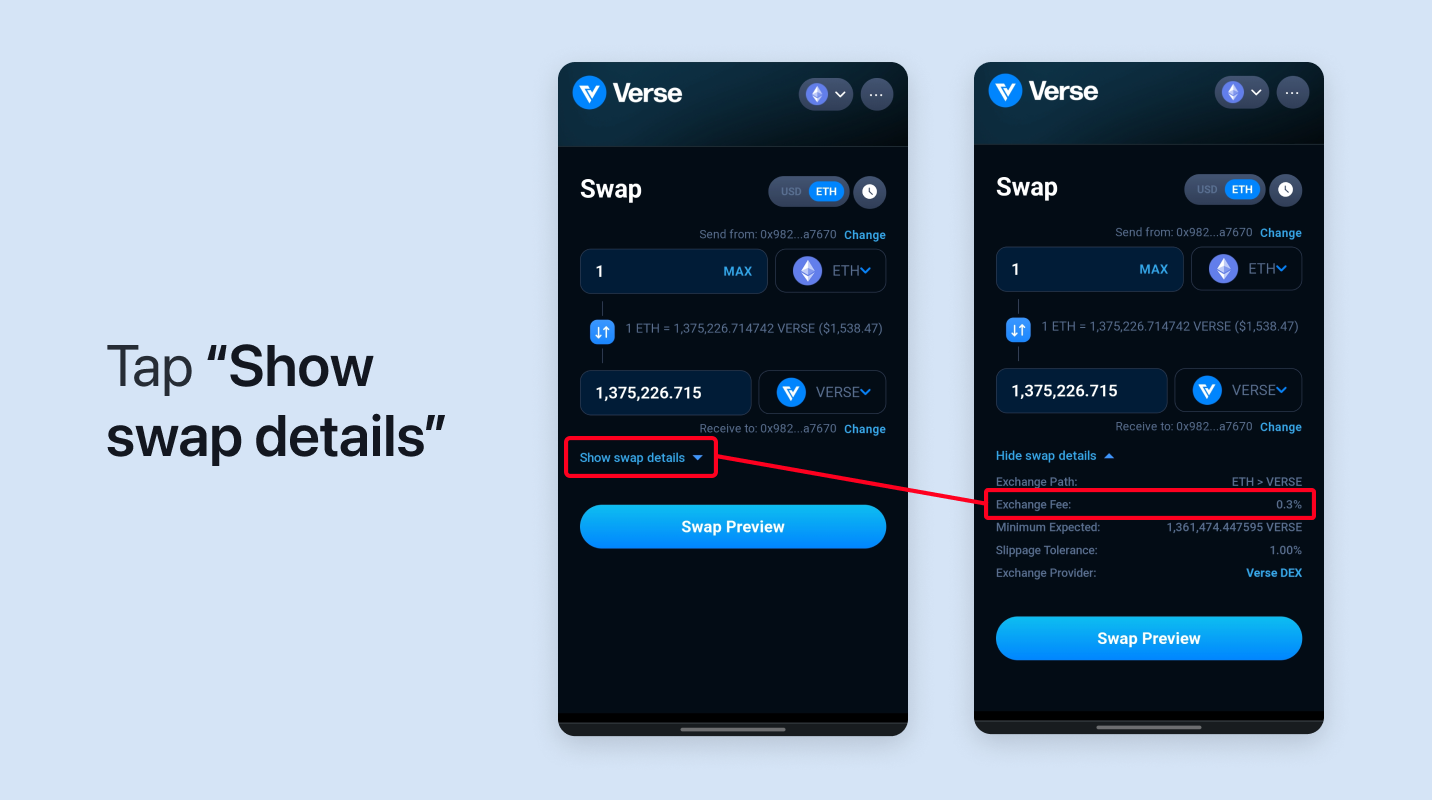
How to contribute to pools and earn yield
Contributing liquidity to a DEX is straightforward. Check out the APY on the various pools the DEX offers. Once you’ve found a pool of interest, deposit the specified crypto assets for that pool. The DEX will provide a place to track your rewards.
Unfortunately, DEXs make design choices that make this process easier or harder. The Verse DEX is designed to be easy even for beginners. For step-by-step instructions on how to contribute to pools using the Verse DEX, use this support article.
Related guides
Start from here →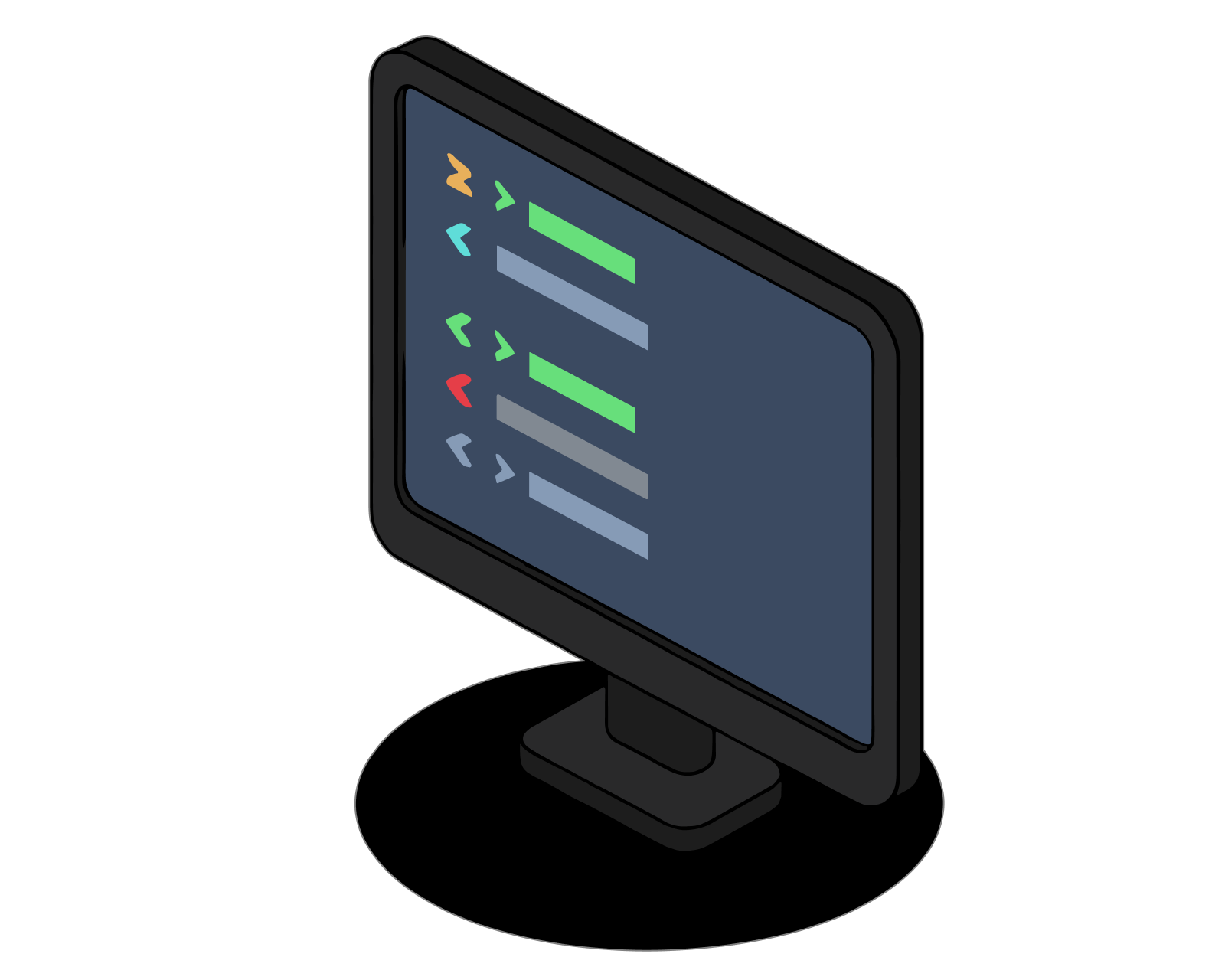
What is a Decentralized Exchange (DEX)?
A decentralized exchange (DEX) is a type of exchange that specializes in peer-to-peer transactions of cryptocurrencies and digital assets. Unlike centralized exchanges (CEXs), DEXs do not require a trusted third party, or intermediary, to facilitate the exchange of cryptoassets.

What is a Decentralized Exchange (DEX)?
A decentralized exchange (DEX) is a type of exchange that specializes in peer-to-peer transactions of cryptocurrencies and digital assets. Unlike centralized exchanges (CEXs), DEXs do not require a trusted third party, or intermediary, to facilitate the exchange of cryptoassets.
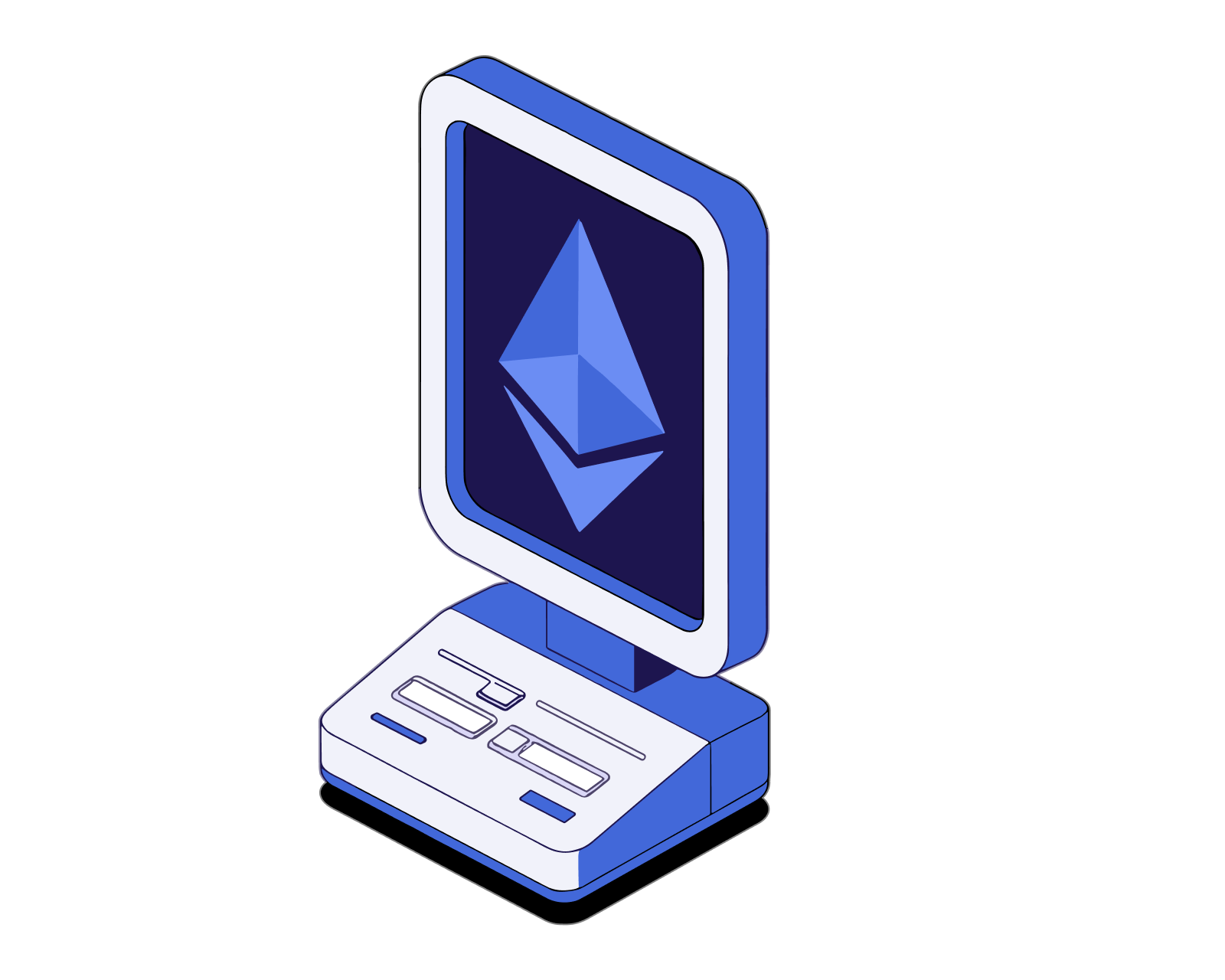
What is DeFi?
Learn what makes decentralized finance (DeFi) apps work and how they compare to traditional financial products.

What is DeFi?
Learn what makes decentralized finance (DeFi) apps work and how they compare to traditional financial products.
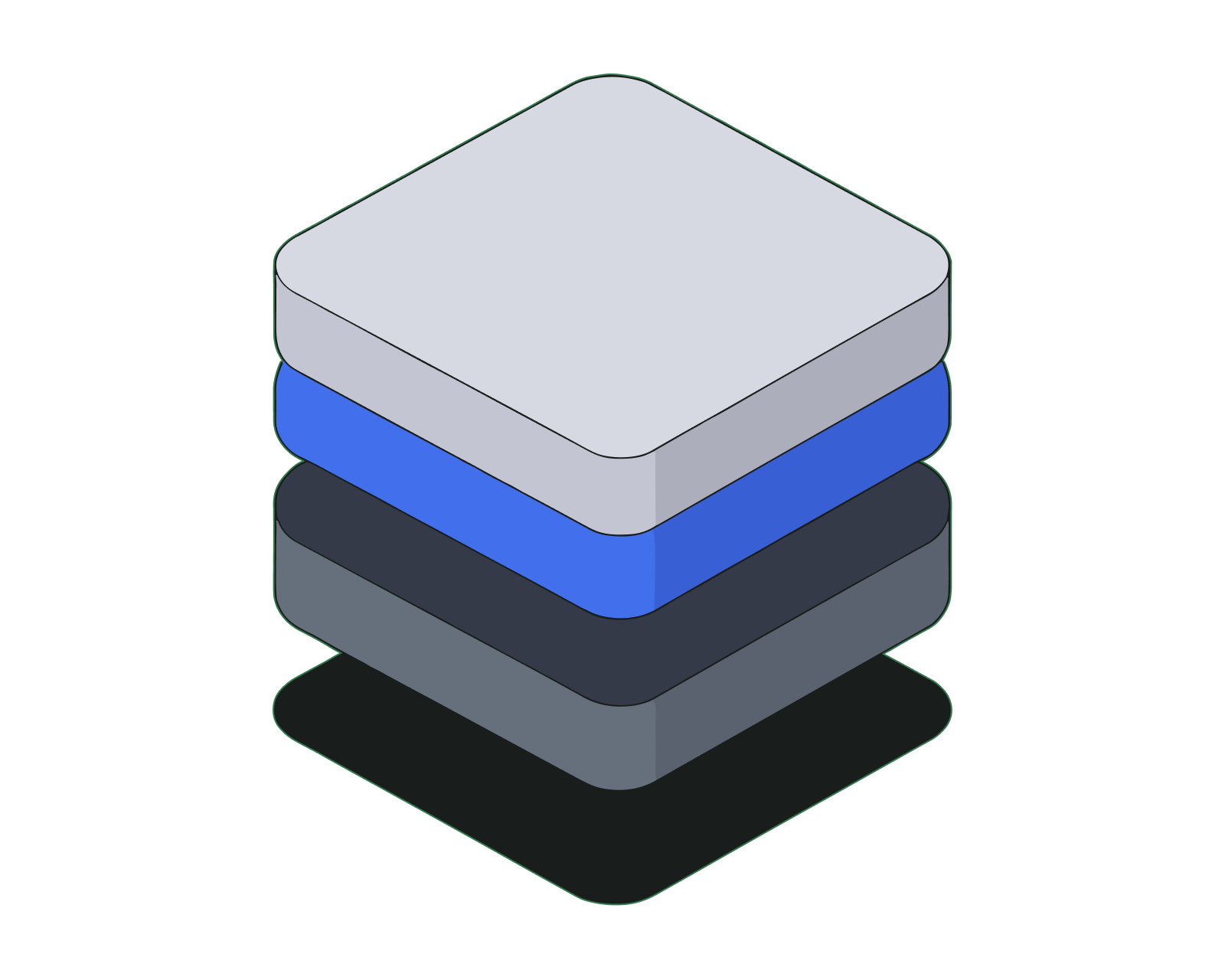
DeFi use cases
Decentralized Finance (DeFi) is bringing access to financial products to everyone. In this article we examine some prominent use cases.

DeFi use cases
Decentralized Finance (DeFi) is bringing access to financial products to everyone. In this article we examine some prominent use cases.
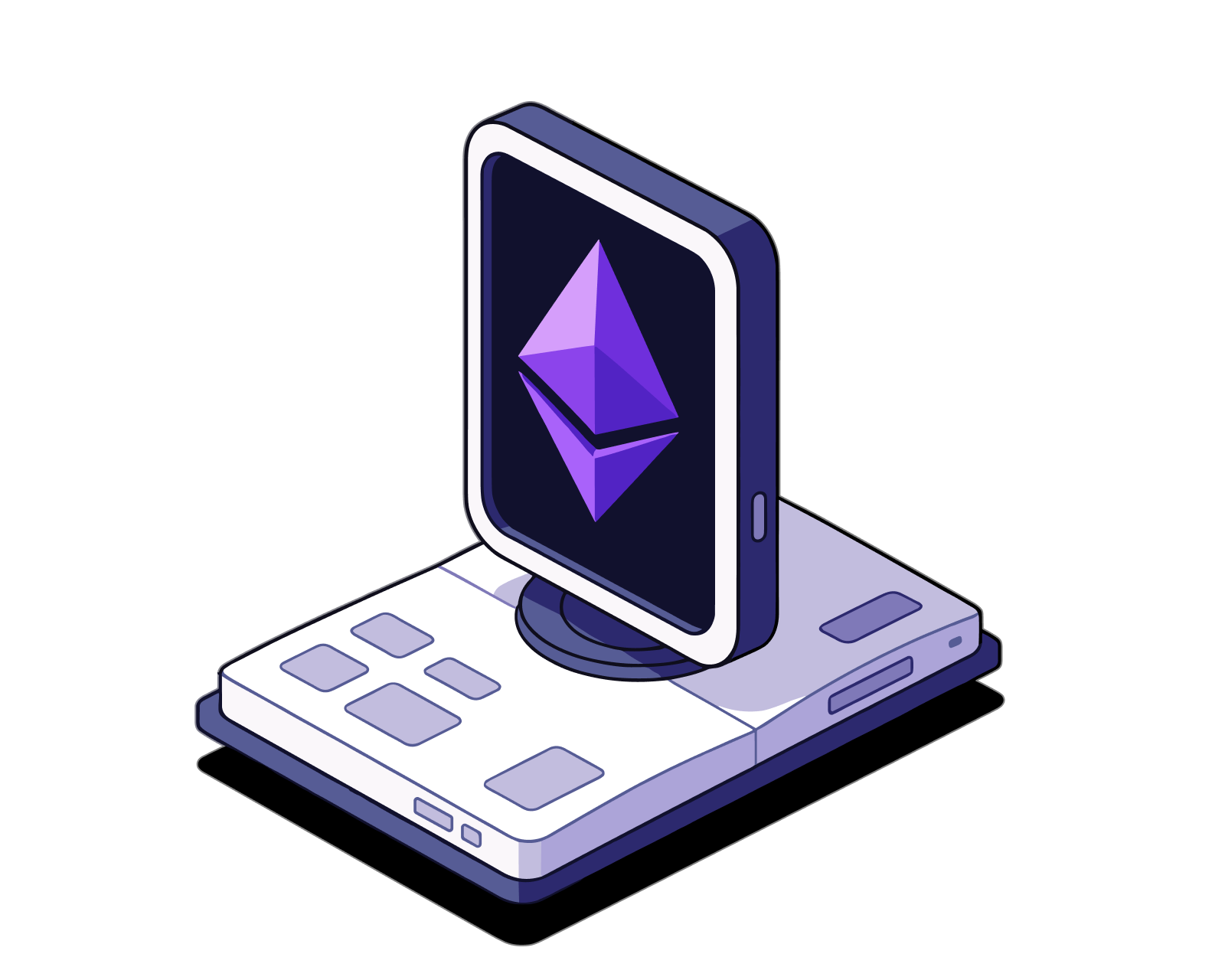
DEX lingo
From AMM to yield farming, learn the key vocabulary you’ll encounter when trading on a DEX.

DEX lingo
From AMM to yield farming, learn the key vocabulary you’ll encounter when trading on a DEX.
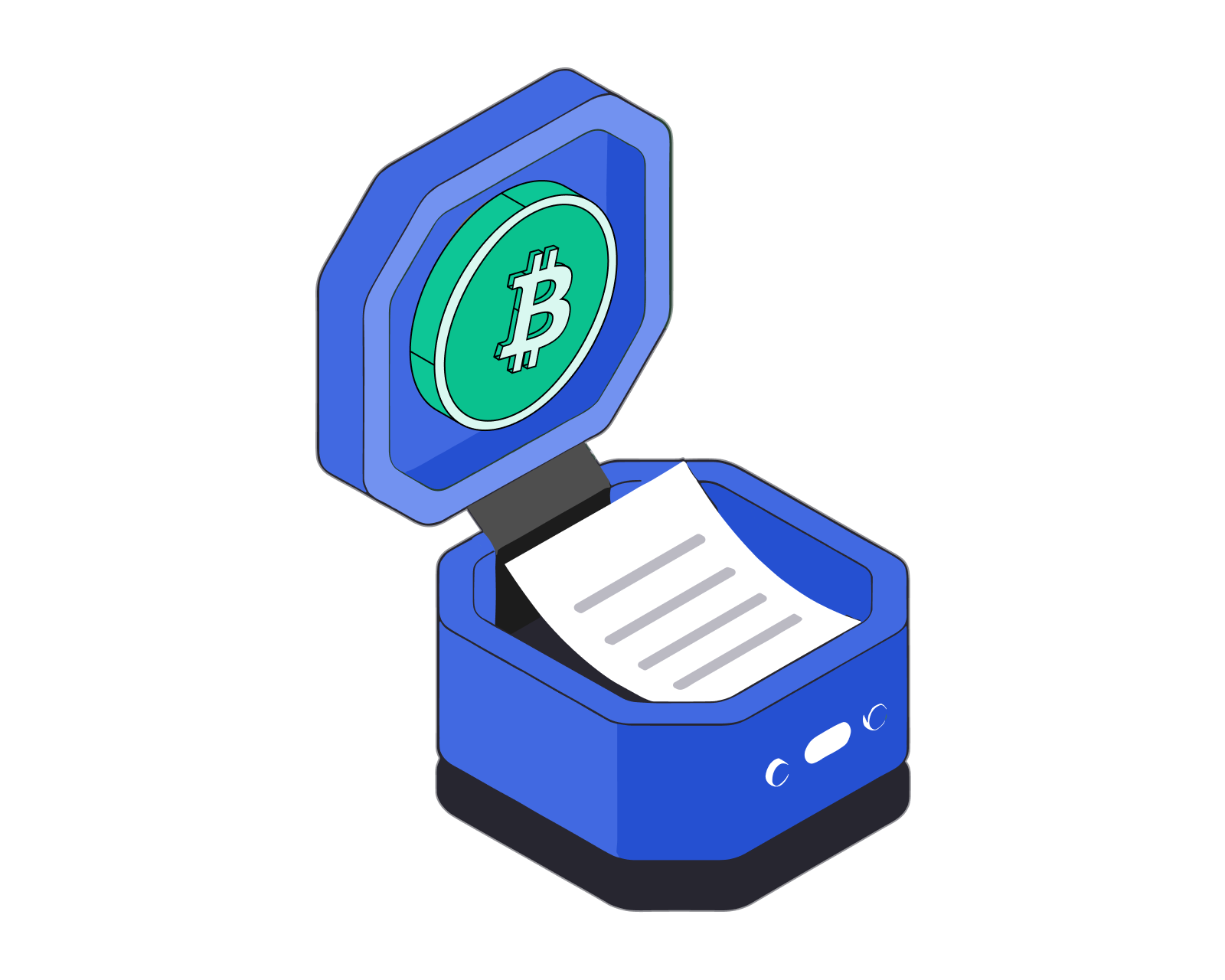
What are crypto derivatives?
Derivatives like perpetual futures and options are widely used in crypto. Learn all about them.

What are crypto derivatives?
Derivatives like perpetual futures and options are widely used in crypto. Learn all about them.
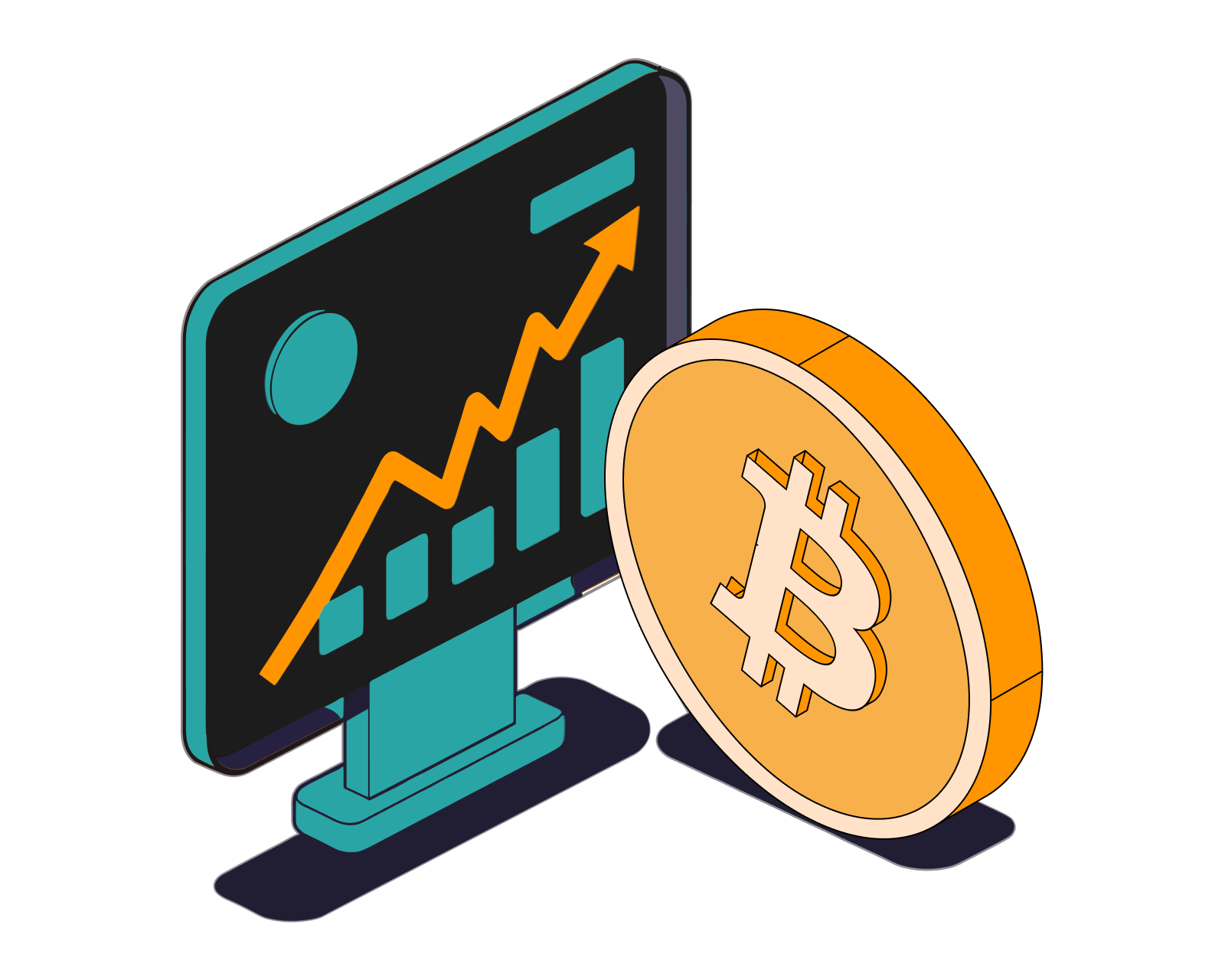
What are prediction markets?
Find out about prediction markets, including how they work and what they are used for.

What are prediction markets?
Find out about prediction markets, including how they work and what they are used for.
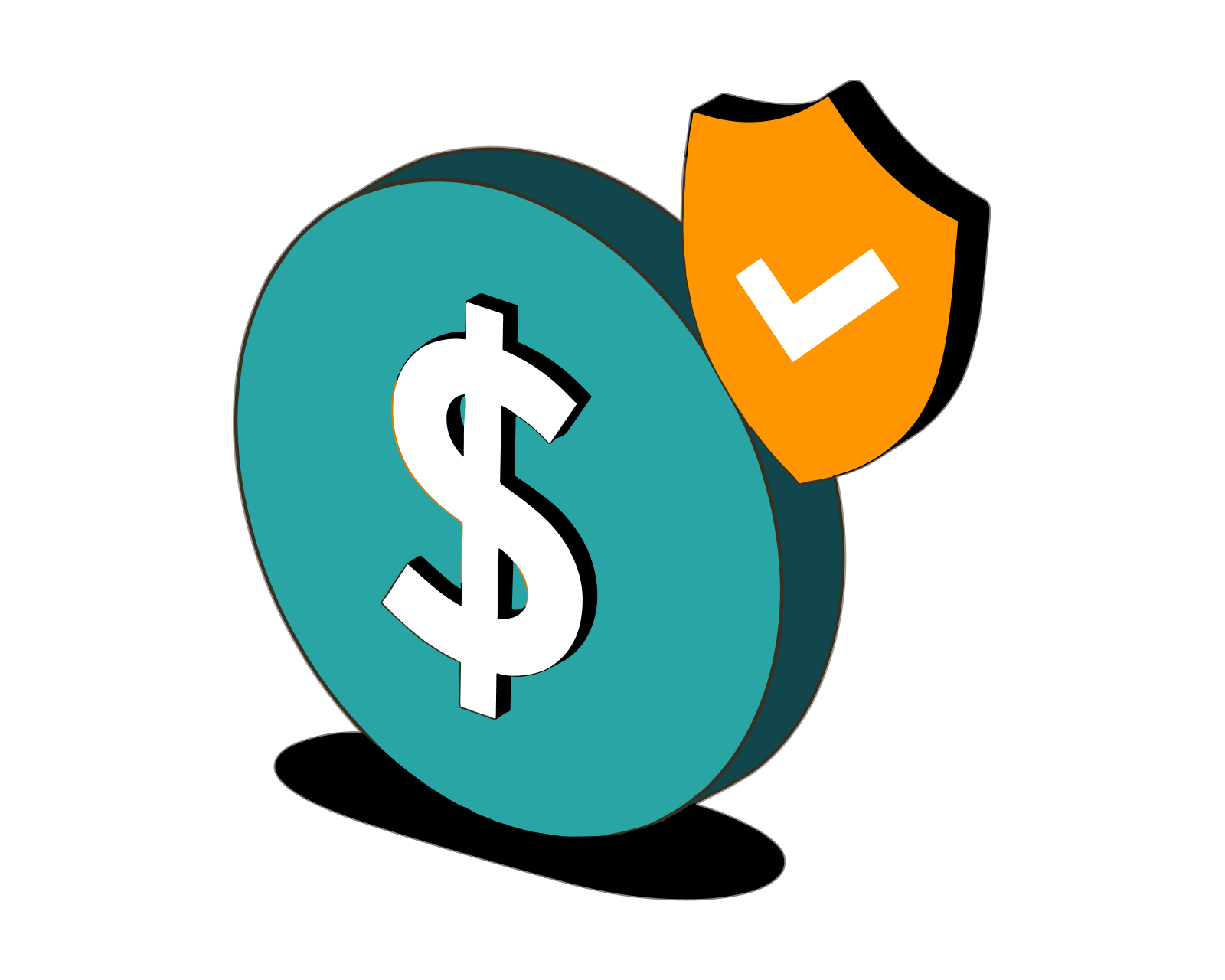
Dollar-cost averaging
Learn how to protect yourself from big losses with this simple but powerful investment strategy.

Dollar-cost averaging
Learn how to protect yourself from big losses with this simple but powerful investment strategy.
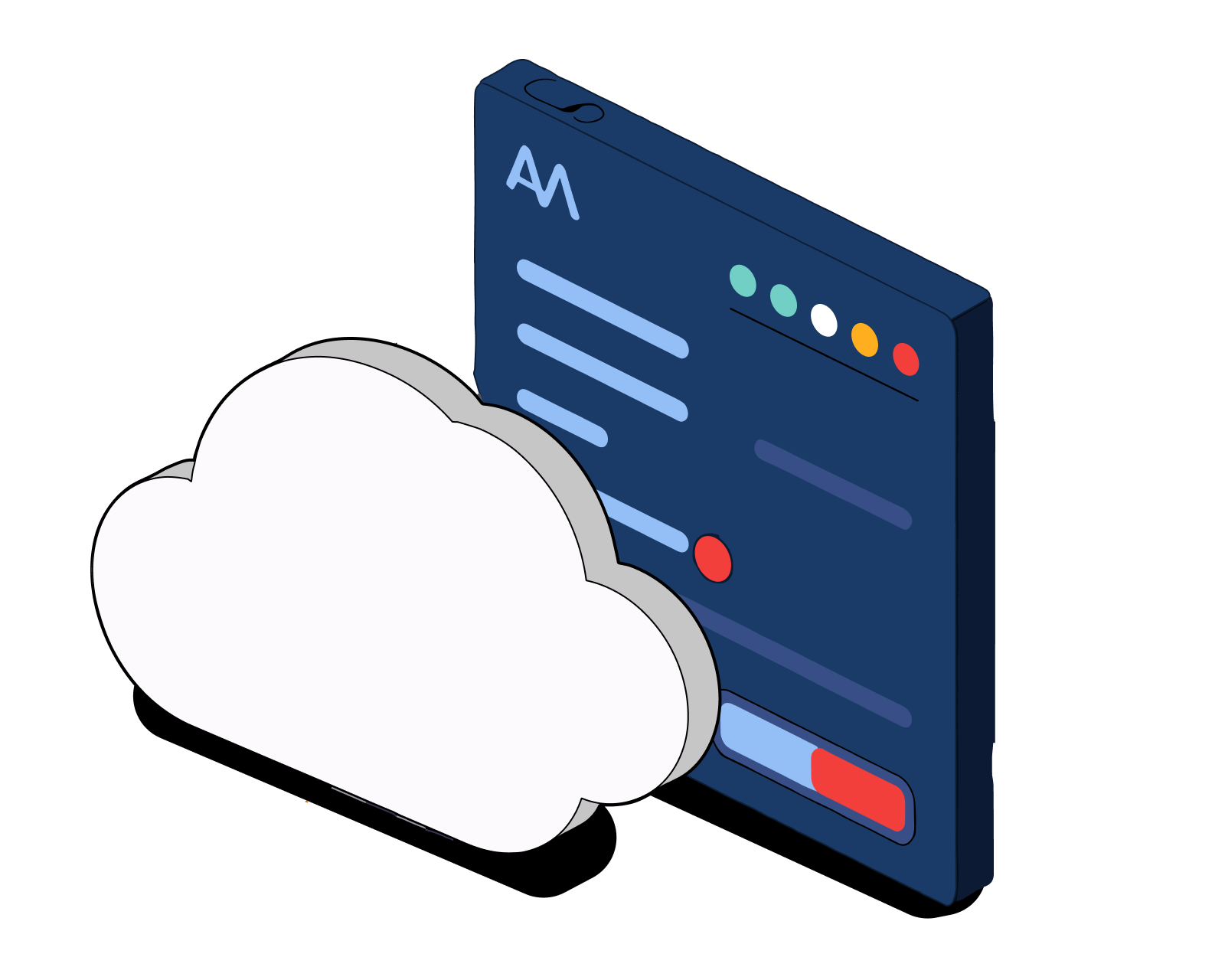
What is APY?
APY stands for annual percentage yield. It is a way to calculate interest earned on an investment that includes the effects of compound interest.

What is APY?
APY stands for annual percentage yield. It is a way to calculate interest earned on an investment that includes the effects of compound interest.
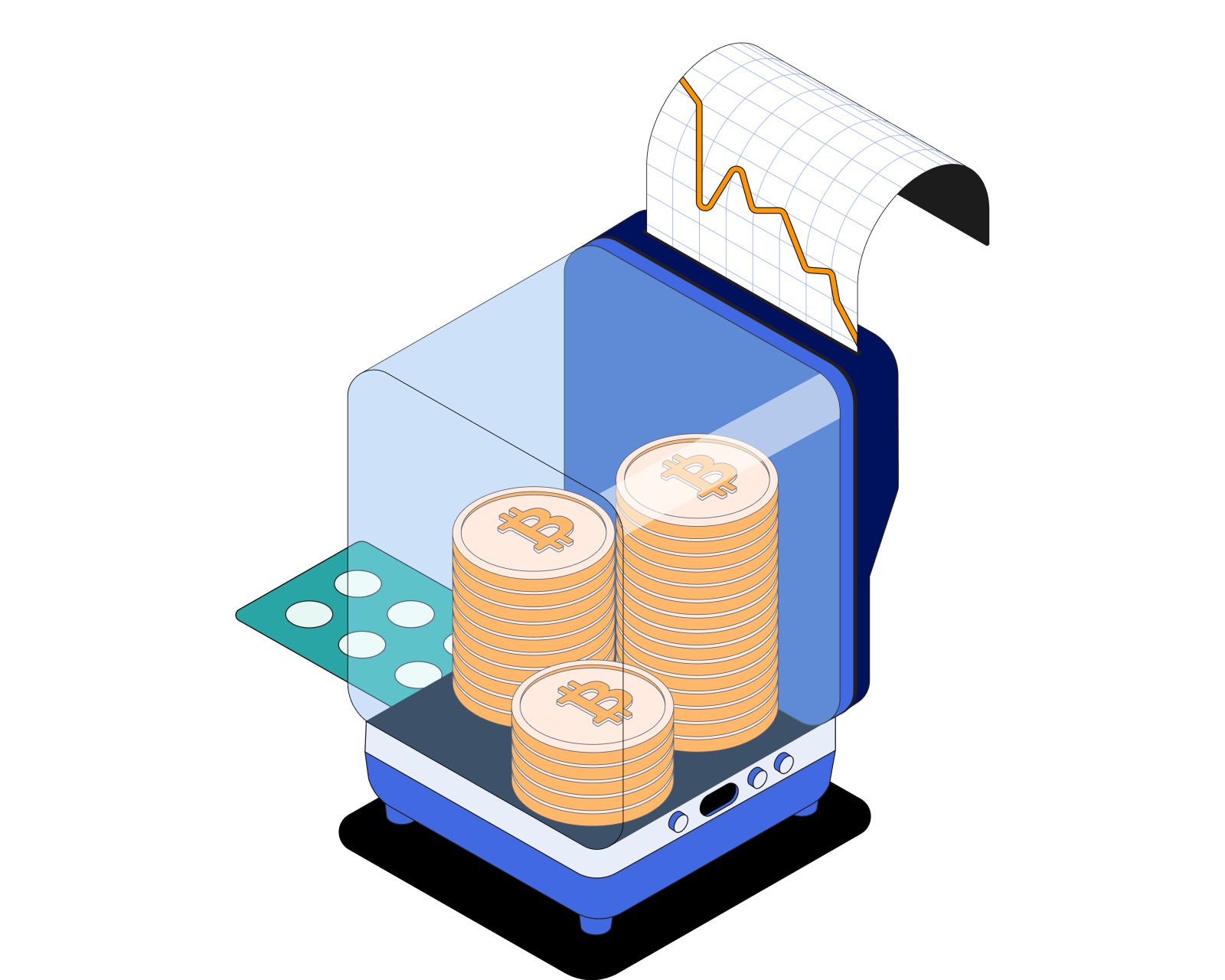
What is liquidity?
Liquidity has several slightly different but interrelated meanings. For the purposes of crypto, liquidity most often refers to financial liquidity and market liquidity.

What is liquidity?
Liquidity has several slightly different but interrelated meanings. For the purposes of crypto, liquidity most often refers to financial liquidity and market liquidity.
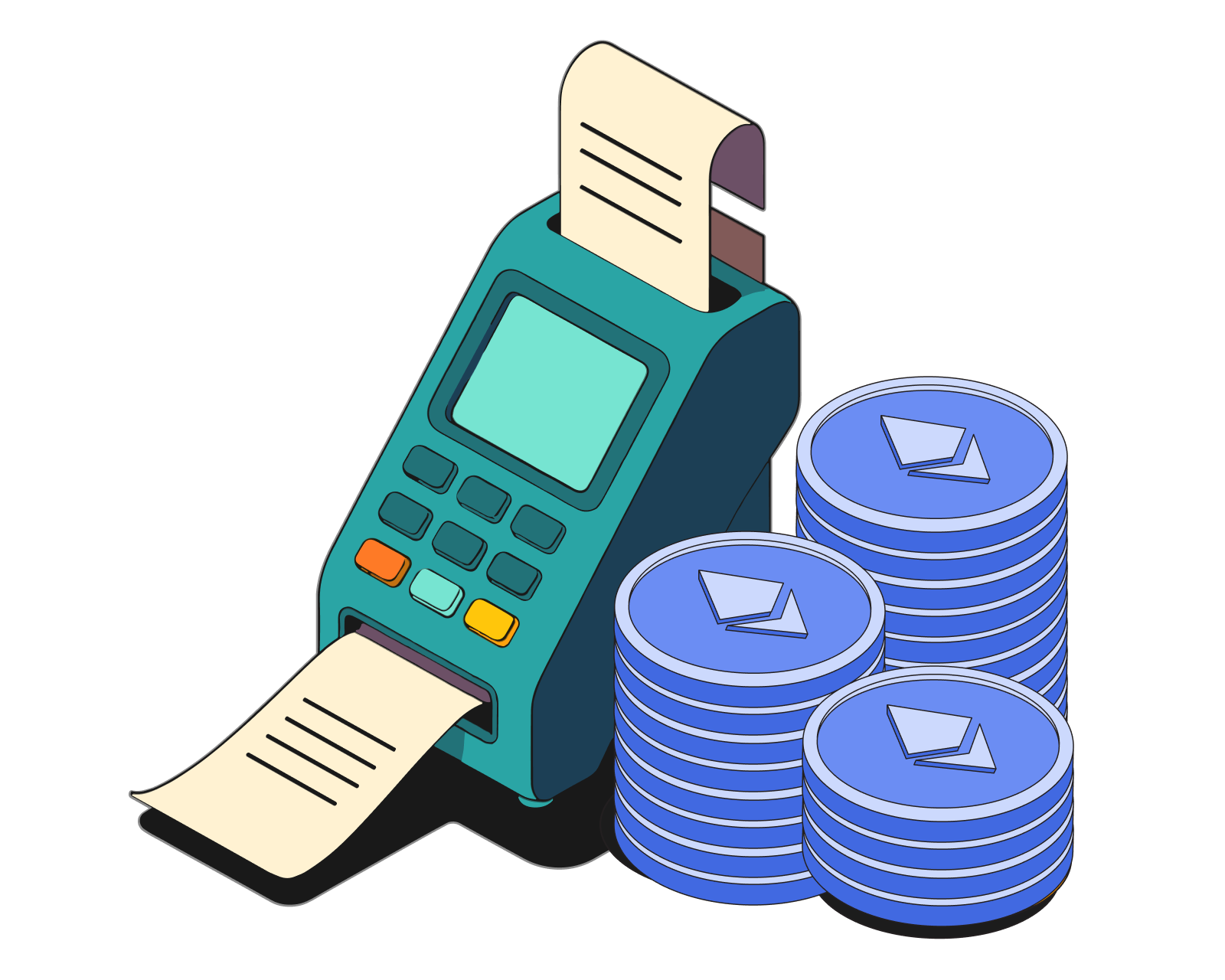
What is a token sale?
Token sales are an important part of the crypto ecosystem. Learn their ins and outs.

What is a token sale?
Token sales are an important part of the crypto ecosystem. Learn their ins and outs.
STAY AHEAD IN CRYPTO
Stay ahead in crypto with our weekly newsletter delivering the insights that matter most
Weekly crypto news, curated for you
Actionable insights and educational tips
Updates on products fueling economic freedom
No spam. Unsubscribe anytime.
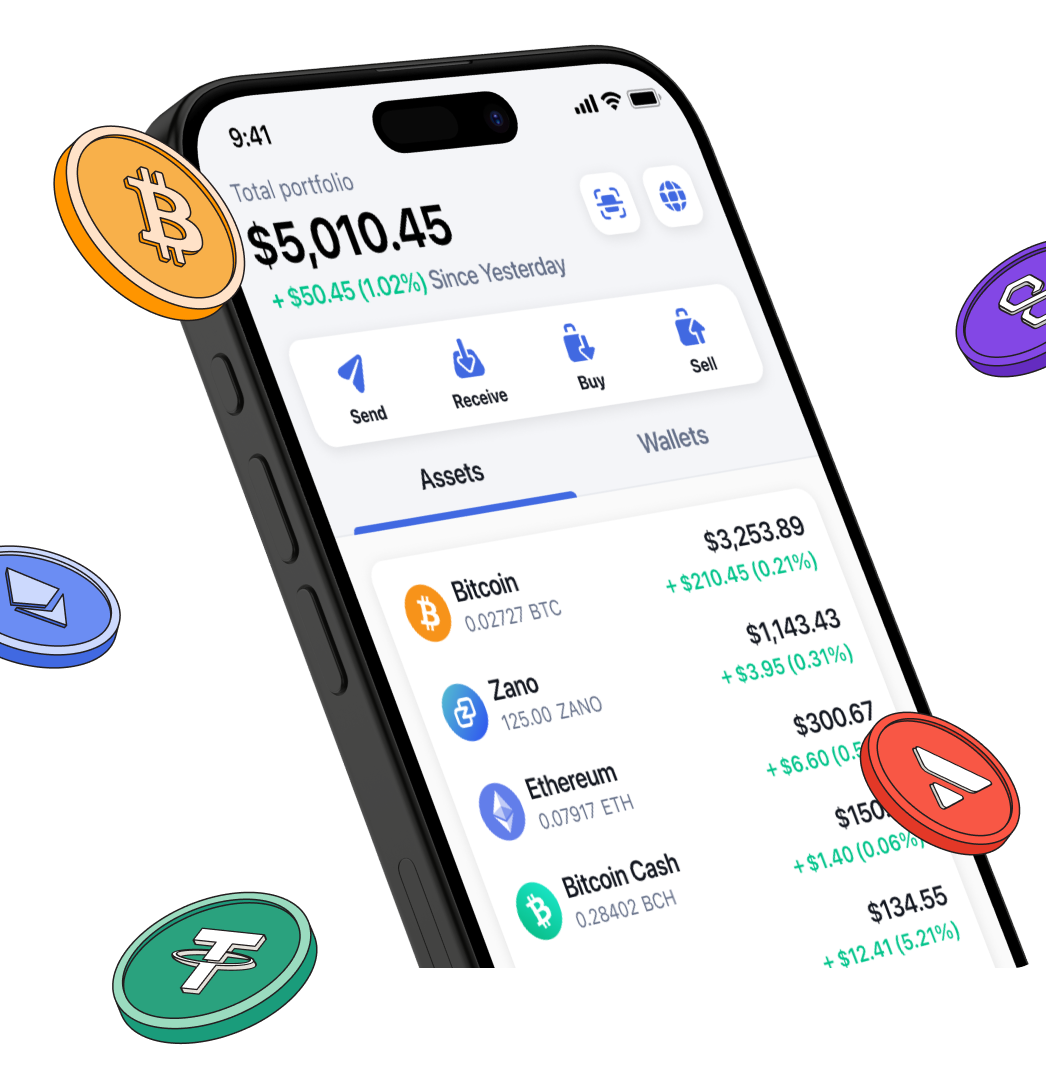
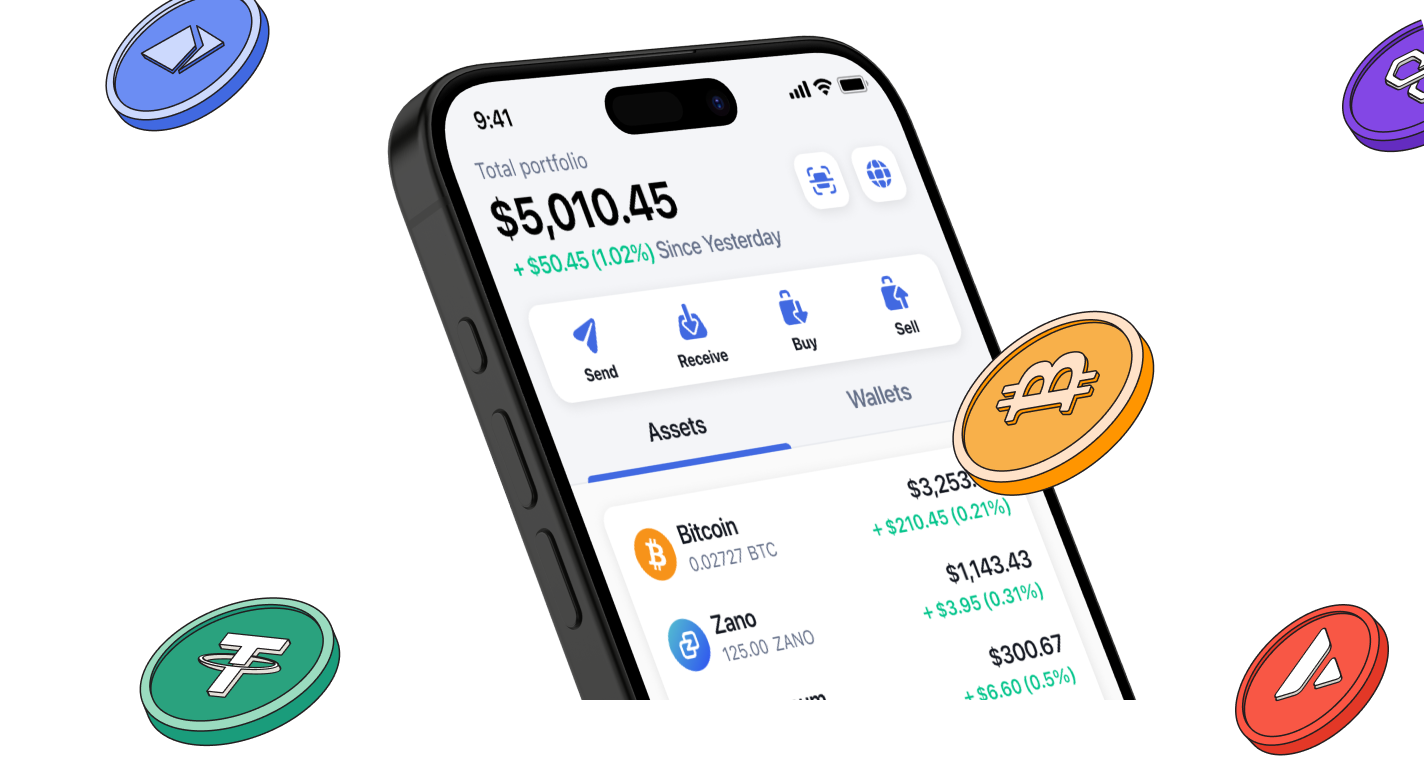
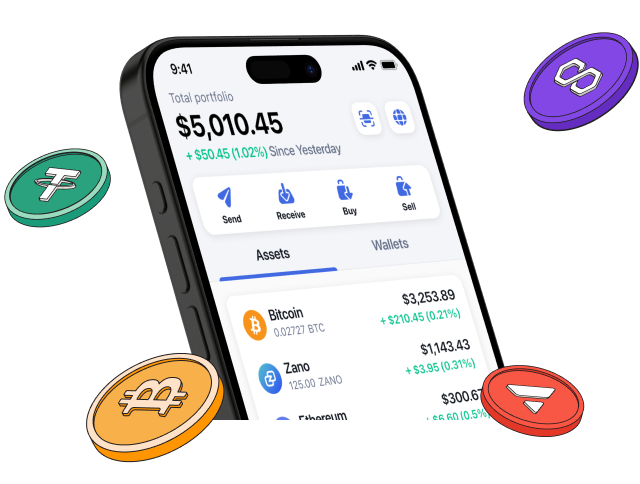
Start investing safely with the Bitcoin.com Wallet
Over wallets created so far
Everything you need to buy, sell, trade, and invest your Bitcoin and cryptocurrency securely

© 2026 Saint Bitts LLC Bitcoin.com. All rights reserved




